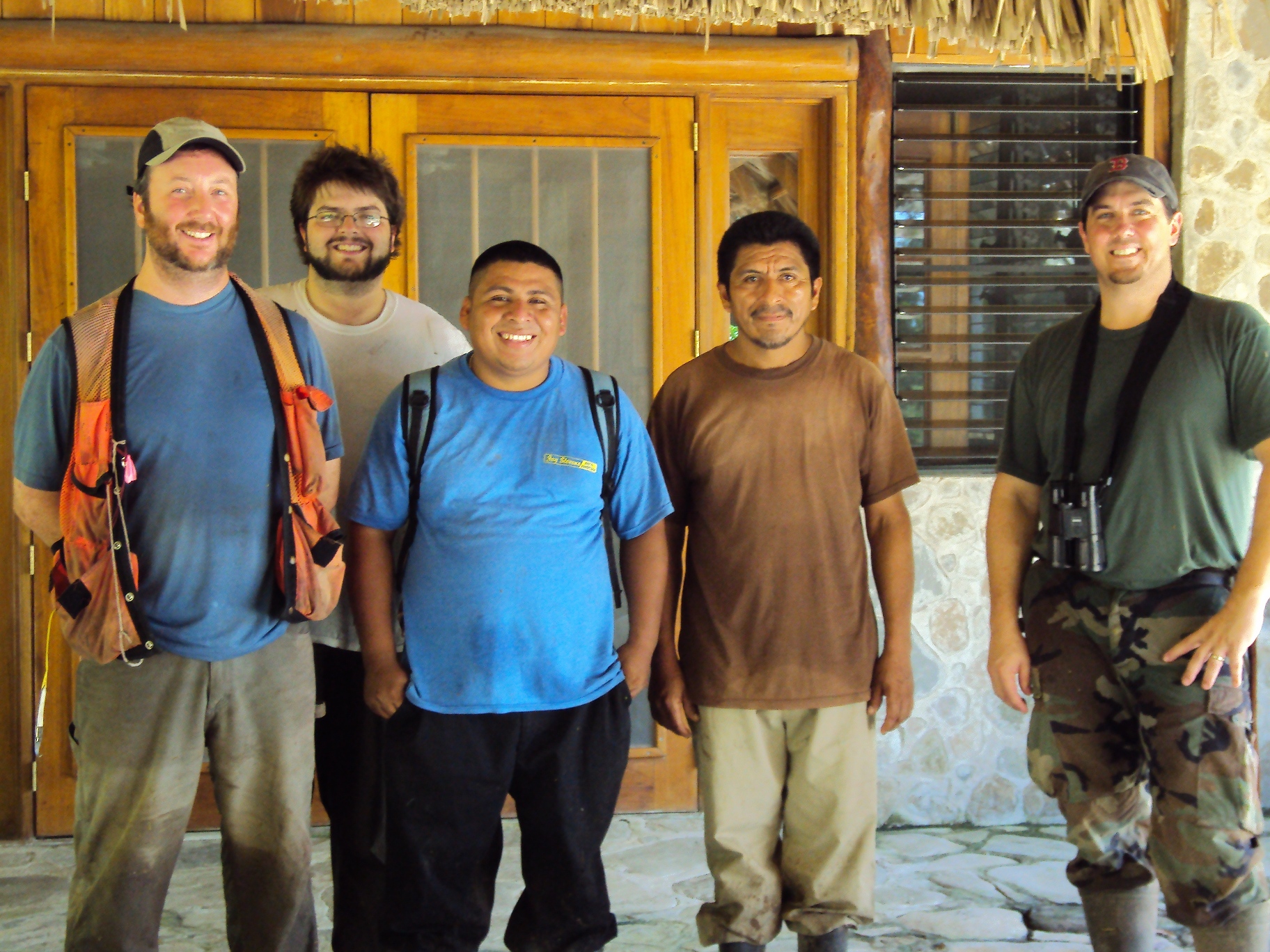Climate, Community and Biodiversity Forest Carbon Offset Project: Belize
December 10, 2011

From 2009-2011 The Conservation Management Institute provided the technical expertise to implement a “Climate, Community and Biodiversity Forest Carbon Offset Project” in Belize. The project is located in southern Belize, 23 km north of the city of Punta Gorda. The goal of the project was to use financing from the sale of forest carbon offsets, under the auspices of the United Nations Reduced Emissions from Deforestation and Forest Degradation (REDD) program, to conserve 12,876 acres (5,211 ha) in Belize while also maintaining the biodiversity values and enhancing the local economy through private‐sector eco‐tourism. In order to qualify for ‘carbon credits’ the project had to meet specific worldwide accepted standards for quantifying net carbon savings (Verified Carbon Standard) and biodiversity and community benefits (Climate, Community, Biodiversity Standards Alliance). Working with Forest Carbon Offsets LLC., CMI researchers collected data for biomass, biodiversity and human community based upon these standards.
The project is estimated to result in avoided carbon emissions exceeding 1.6 million metric tons (mtCO2e). CMI also documented habitat characteristics and the presence of IUCN endangered animals including Baird’s Tapir, Black Howler Monkey, Spider Monkey, and others. As a result the project received the Climate, Community, and Biodiversity Standard’s Gold Level by virtue of significant biodiversity resources conserved on the property and critical location of the property in the immediate watershed of the Port Honduras Marine Sanctuary. This was the first REDD project in the world to be certified under the requirements of the international Verified Carbon Standard.
In addition to this project, the Conservation Management Institute has participated in similar projects in central Belize (Bull Run Overseas Ltd.), and in northern Belize (Gallon Jug Estate).












